Calls intensify for Big Pharma to break monopolies on Covid-19 vaccines
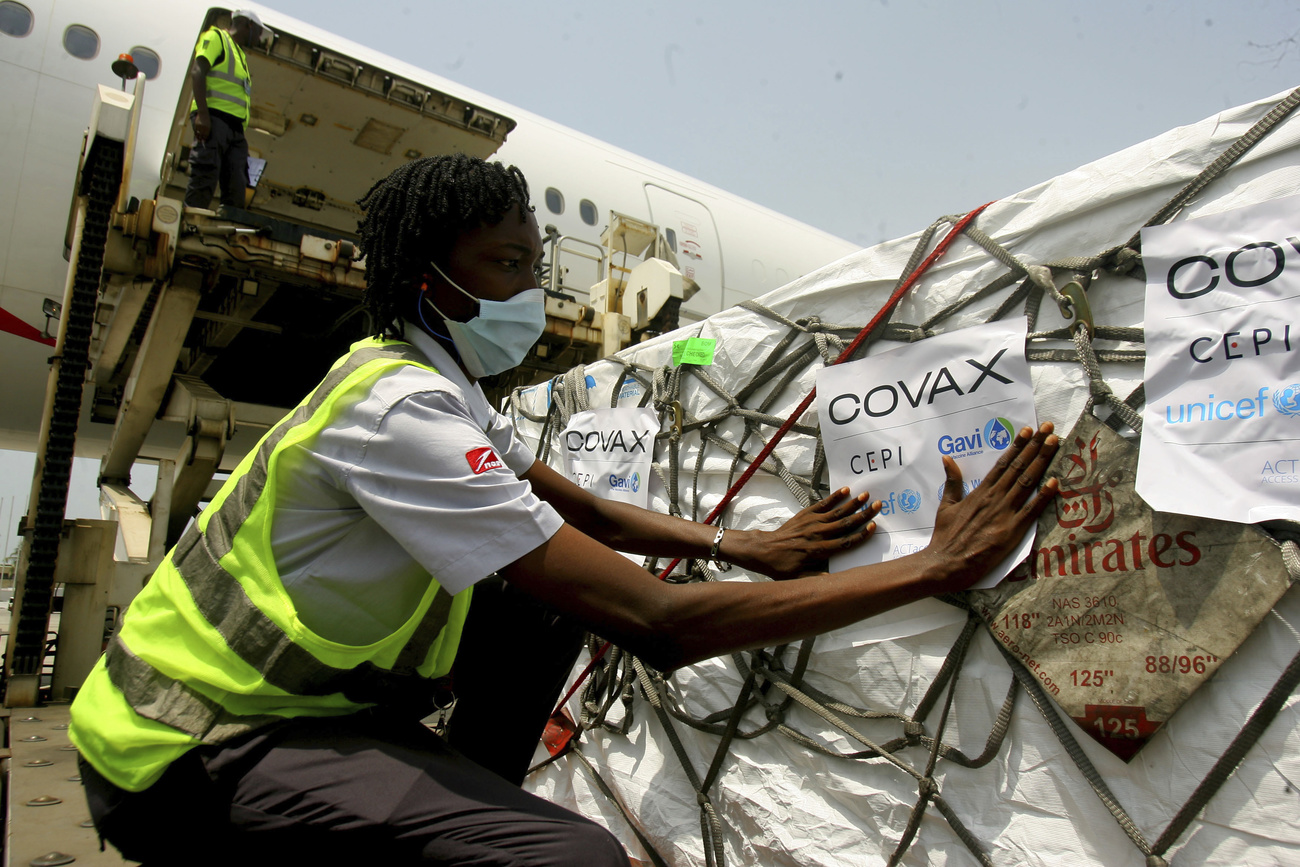
Pressure is mounting on countries to suspend intellectual property rules to help vaccines reach more people, especially in poorer countries, as quickly as possible. Can the new Director-General of the World Trade Organization break the deadlock?
Last week Ghana became the first country to receive vaccine doses under COVAX – the vaccine pooling system that aims to ensure 20% of the population in every country receive vaccines. The first jabs in Ghana were a positive sign that rich countries won’t swallow up all the vaccines before the rest of the world even gets started.
But the picture is still highly unequal as vaccine doses remain in short supply. Of the 8.1 billion doses sold, 60% have been bought up by rich countries, which make up around 15% of the population. Not a single person had been vaccinated in someExternal link 130 countries as of last week, while Switzerland has bought over 30 million doses – enough to vaccinate the population two times over and has already said it could give away some doses if not approved for use.
While everyone agrees that vaccines need to be made available to more people more quickly, industry and public health advocates are at odds about how to do it. In her first week on the job, World Trade Organization Director-General Ngozi Okonjo-Iweala is hoping to break the impasse in discussions over the next few weeks.
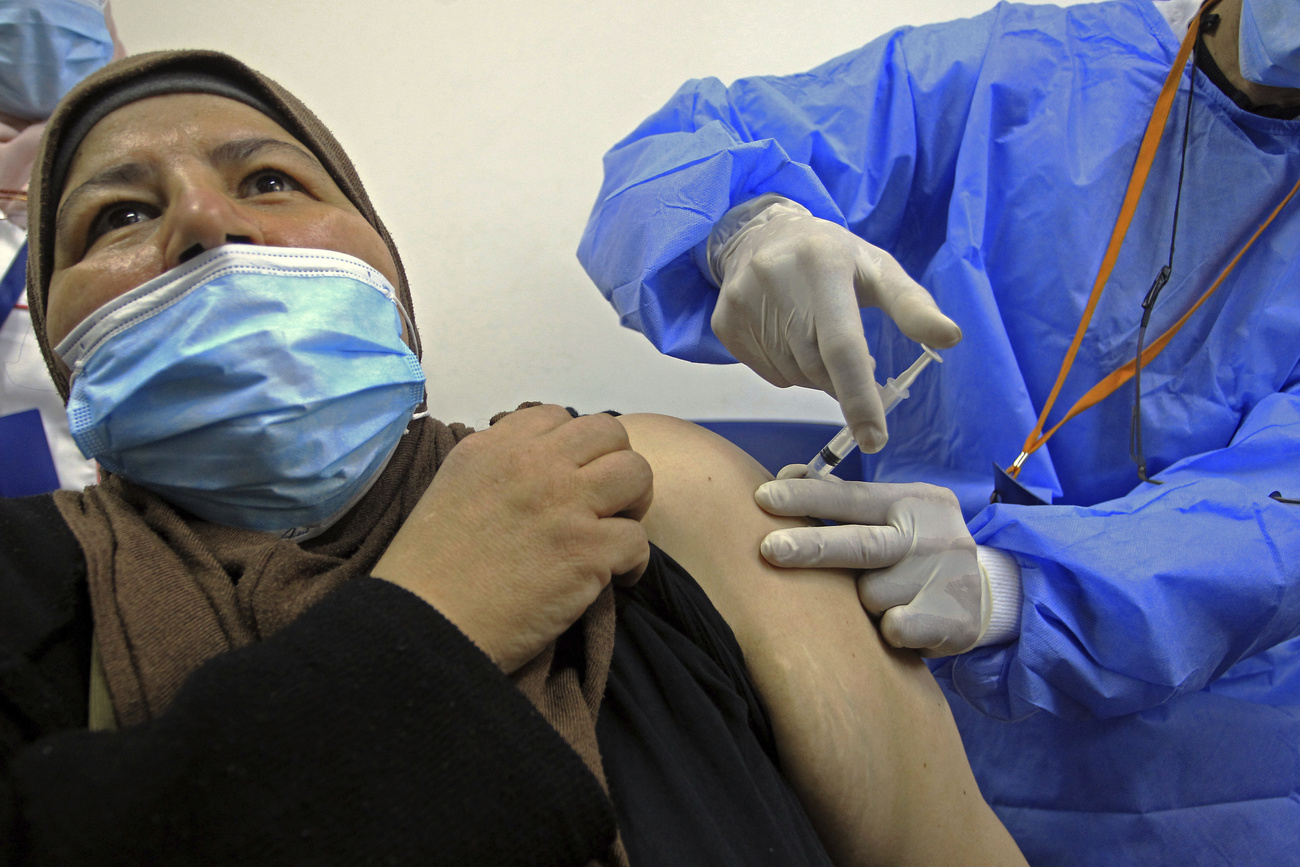
More
In the vaccine race, can COVAX help poorer countries catch up?
Times of crisis
At the center of the debate, is intellectual property (IP); more specifically a proposal to waive parts of the Trade-related Aspects of Intellectual Property Agreement (TRIPS) that essentially give companies a monopoly over production of medicine, tests and technologies. This in effect stops countries from allowing other manufacturers from producing and exporting vaccines to another country without legal risks.
South Africa and India proposed the waiver last October so that “intellectual property didn’t serve as a barrier to timely access to medical products that could combat the pandemic”. No vaccines had been approved at the time, but the countries had already expressed concerns about meeting demand.
More than 60 countries back the proposal along with major public health advocates and NGOs like Doctors without BordersExternal link who have been campaigning for Covid-19 vaccines to be treated as global public goods that aren’t controlled by any one company or country.
Legal expert Yuan Qiong Hu from Doctors without Borders in Geneva told SWI swissinfo.ch that the waiver is particularly important because raw materials and technologies of vaccines are from different countries with different IP rules.
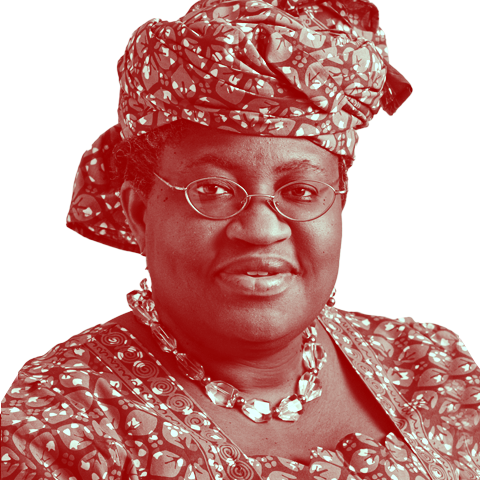
More
Trade in the time of pandemics
Switzerland is among a group of wealthy countries, many home to big pharmaceutical companies, that have thus far opposed the waiver. In a statement shared with swissinfo.ch, the Swiss Mission to the WTO told the WTO Director-General in the context of the Council Meeting this week that it is committed to reach the common goal and have a “fact-based discussion” on “whether there are cases where intellectual property is impeding access”.
Industry has consistently pushed back on any loosening of intellectual property protections saying they are part of the solution, not the problem. It is because of strong IP that companies have “rapidly developed safe and effective vaccines,” argued the International Federation for Pharmaceutical Manufacturers and Association (IFPMA) in a statement.
In an op-edExternal link in the New York Times last December, IFPMA Director General Thomas Cueni warned that suspending patent rules could jeopardize future medical innovation.
However, Gaétan de Rassenfosse, a professor of Innovation and intellectual property policy at the Federal Institute of Technology in Lausanne (EPFL), believes that IP is a barrier to access.
“IP owners have limited production capacities and many firms across the world including in developing countries are capable of producing drugs, vaccines and medical devices. Thus, waiving IP protection would certainly massively increase the availability of these products,” argued de Rassenfosse.
This is backed up by a recent investigation by the Associated Press, which found factoriesExternal link on three continents that have unused capacity and would be able to produce vaccines if they had the blueprints and technical know-how.
More than patents
De Rassenfosse acknowledges that there are other barriers – an opinion shared by public health expert Ellen ‘t Hoen, who is the director of Medicines Law and PolicyExternal link and former executive director of the Medicines Patent Pool.
“When the industry says IP is not the barrier, it’s a bit disingenuous. IP is not the only issue. The goal is increasing production capacity of Covid-19 vaccines. To do this, you need access to regulatory filings, know-how and technology. But you also need access to IP such as patents where they exist.”
To ‘t Hoen, part of the solution lies in the COVID-19 Technology Access Pool (C-TAP) – a voluntary mechanism launched last May by the WHO to share knowledge, data and IP on Covid-19 vaccines and therapies. In February, WHO Director-General Tedros Adhanom Ghebreyesus reiterated the callExternal link for vaccine manufacturers to share know-how through C-TAP.
Several countries and the European Parliament supported the mechanism when it was launched, but it lost momentum after the Pfizer CEO Albert Bourla called the idea “nonsense” and “dangerous”.
IFPMA remains staunchly against the idea because it disagrees with the basic premise that “IP rights are barriers to R&D, public-private collaboration, and patients’ access to Covid-19 products”.
Patrick Durisch, who leads health policy at the Swiss NGO Public Eye, said that the lack of support for C-TAP “is a great missed opportunity. We knew back in May that there wouldn’t be enough supply to meet the demand for vaccines. We thought in such a crisis, it was the time to do things differently and not allow monopolies to get in the way”.
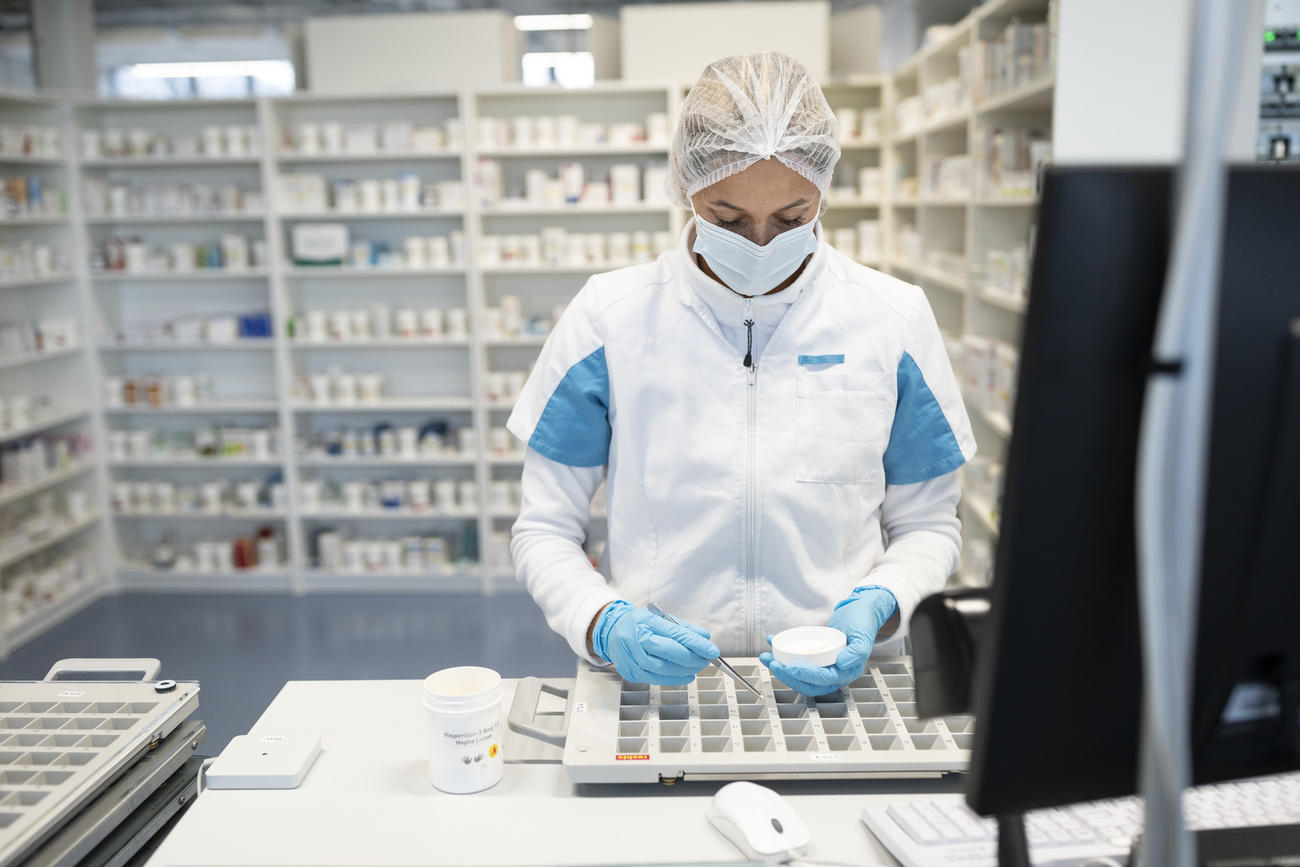
More
Fight over rights to Covid-19 drugs puts Switzerland in a tough spot
Keeping the status quo
The real sticking point in the debate, says de Rassenfosse, is that “IP owners are reluctant to give away control of their innovations without counterparts”.
Even if companies have recouped their upfront R&D investments from sales in developed countries, they would still prefer to license the use of their IP rights in developing countries at a favorable price than to give it away for free or to have them “seized” by foreign governments, explained the EPFL professor.
This is exactly what the companies have been doing – signing licensing or technology transfer dealsExternal link with manufacturers on their own terms. One example is the Novartis deal with Pfizer/BioNtech to scale up manufacturing of its mRNA vaccine in Stein.
De Rassenfosse says that voluntary licensing and manufacturing deals are “obviously not enough” when you see how vaccination in the developing world is lagging behind. Leena Menghaney from Doctors without Borders argues that the industry pushback on IP is really just an attempt to “block competition, maintain monopoly status and keep prices high”.
In lieu of changing the rules of the game, industry is backing calls for more money to be channeled into collaborations to develop and distribute vaccines. Last week, an investor alliance of more than 148 investorsExternal link with $14 trillion of assets under management urged countries to fill the $22 billion financing gap for a “fair and equitable response to Covid-19”. A call that was backed by the G7, which announced it was putting another $4 billion into COVAX.
Money won’t solve all the problems though says ‘t Hoen, who believes a solution should be found through the WTO that deals with this crisis and sets a precedent for potential future outbreaks.
“Global vaccination with a Covid vaccine is a global good. You can’t make this happen if every company decides on its own whether to share know-how and rights. We need to have an agreement on developing public goods – and I think that this will happen as a result of the Covid crisis.”
The new WTO Director-General hinted that a “third way” or compromise could be on its way. On Monday, during her opening statement she told WTO delegates that she wants to work with companies to open up and license more manufacturing sites. “We must get them to work with us on know-how and technology transfer now. There will soon be a world manufacturing convention where we can seek to build this partnership”.

In compliance with the JTI standards
More: SWI swissinfo.ch certified by the Journalism Trust Initiative
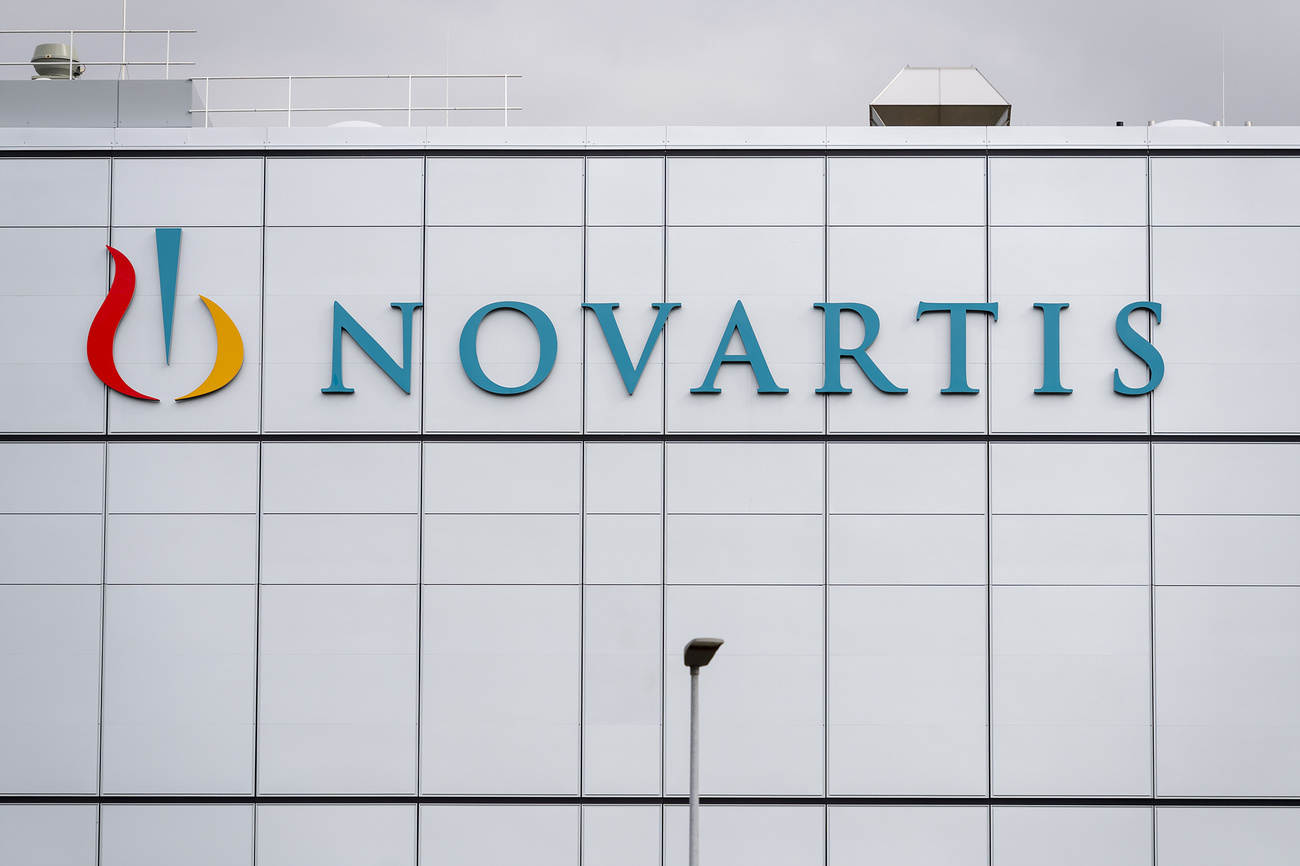
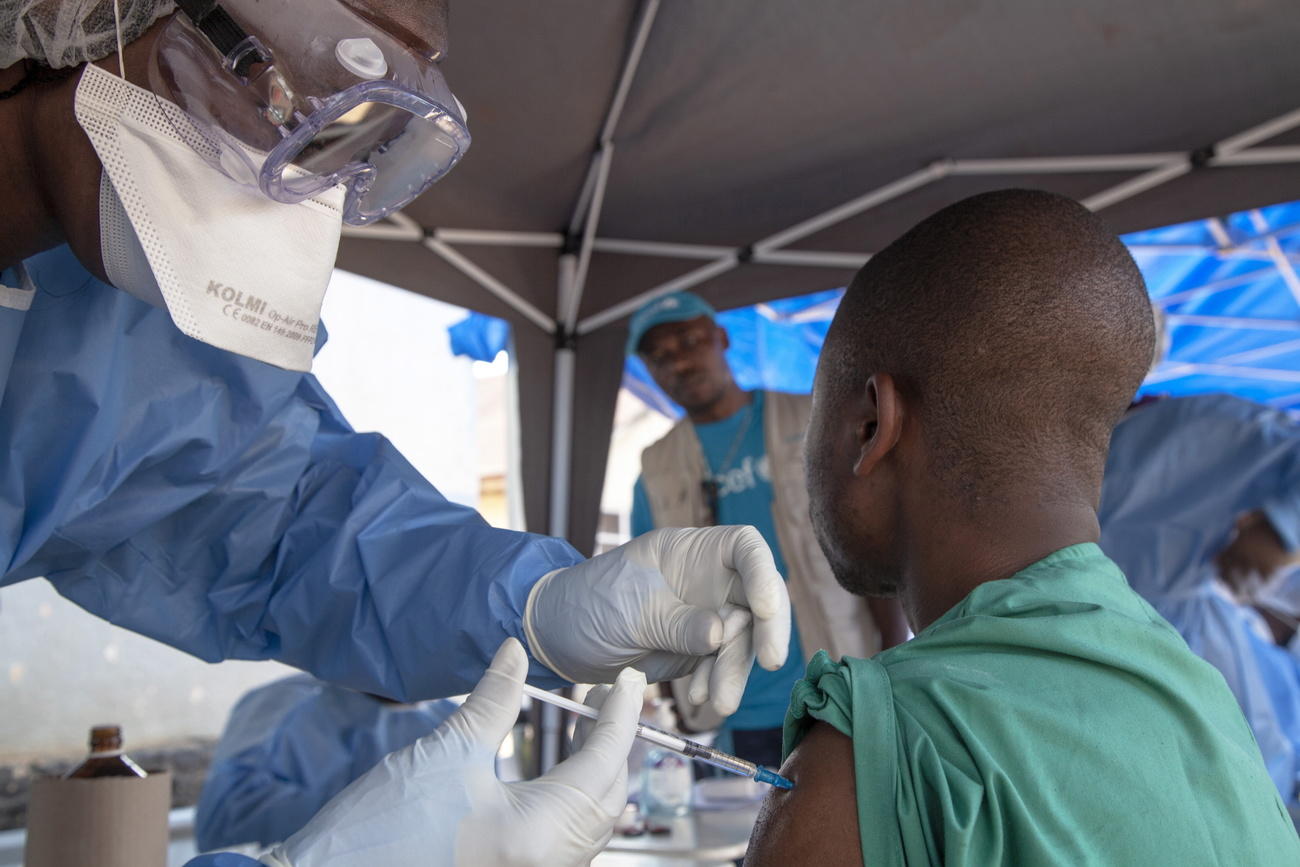
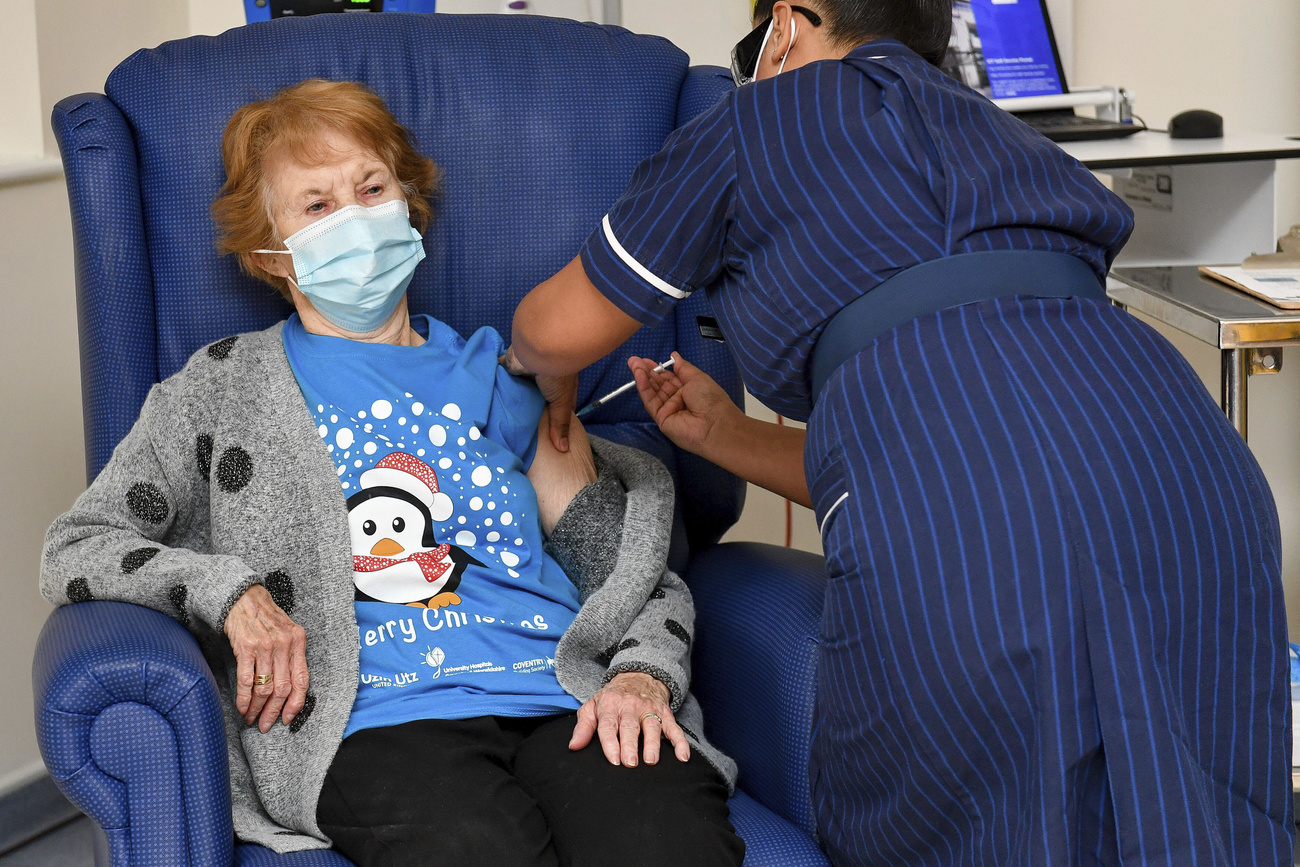
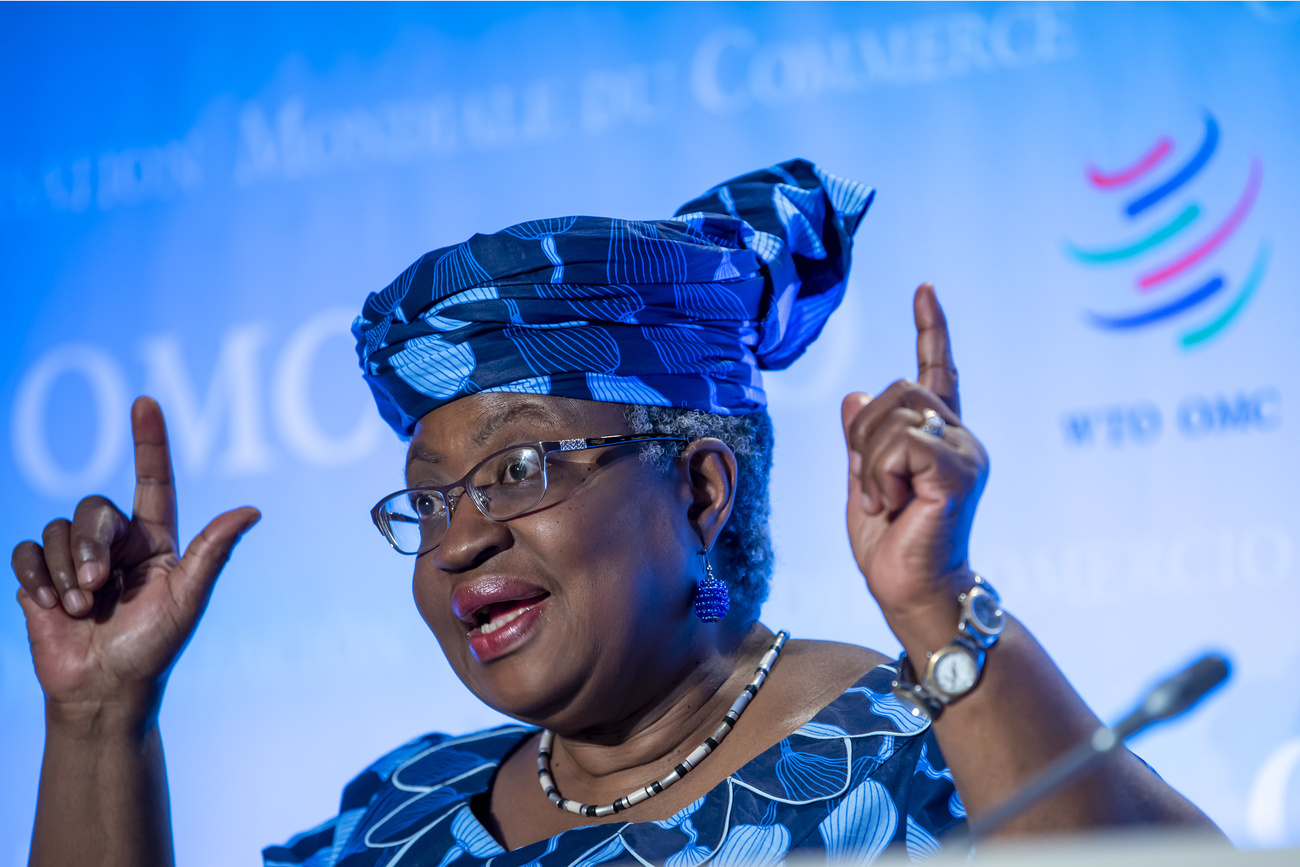
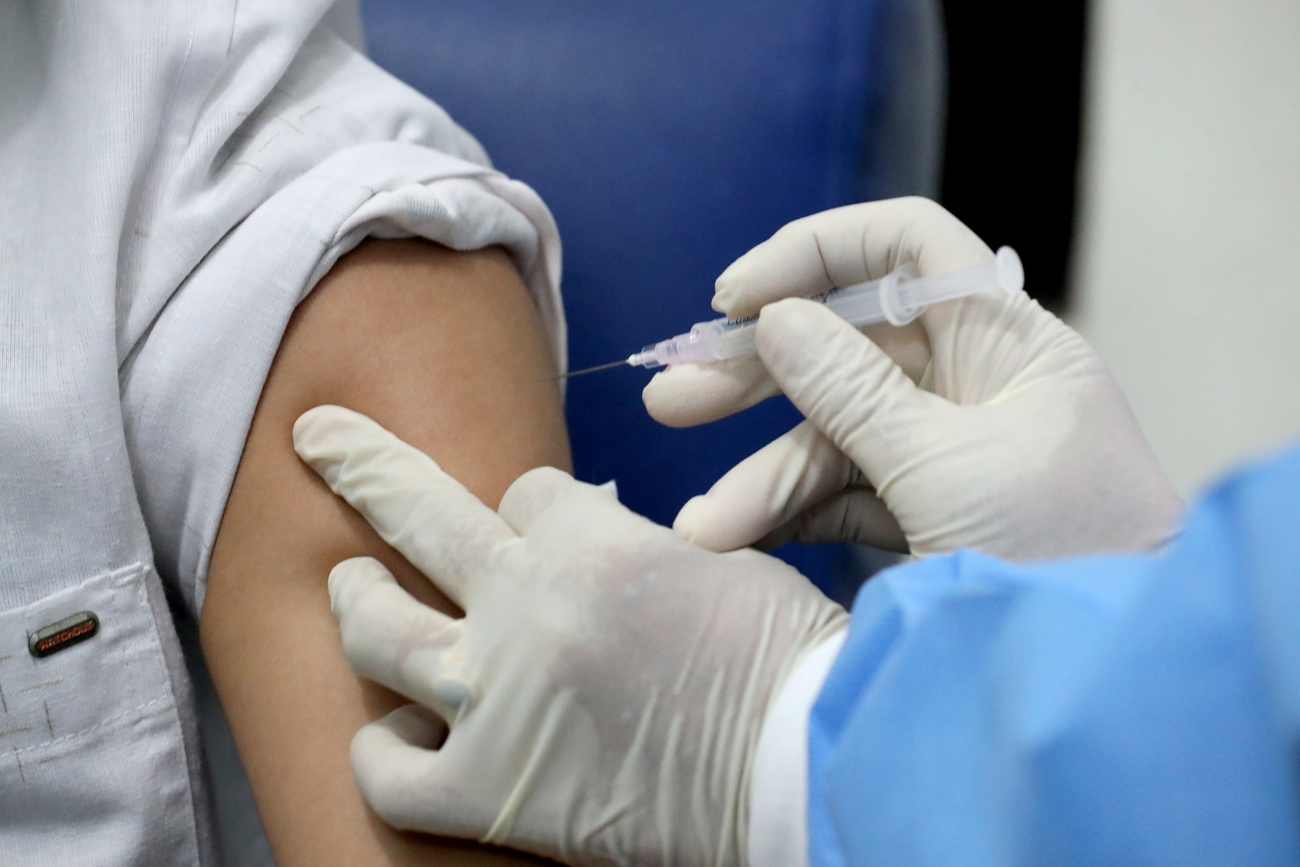
Join the conversation!